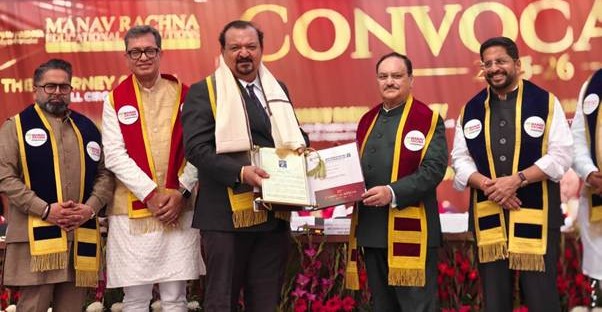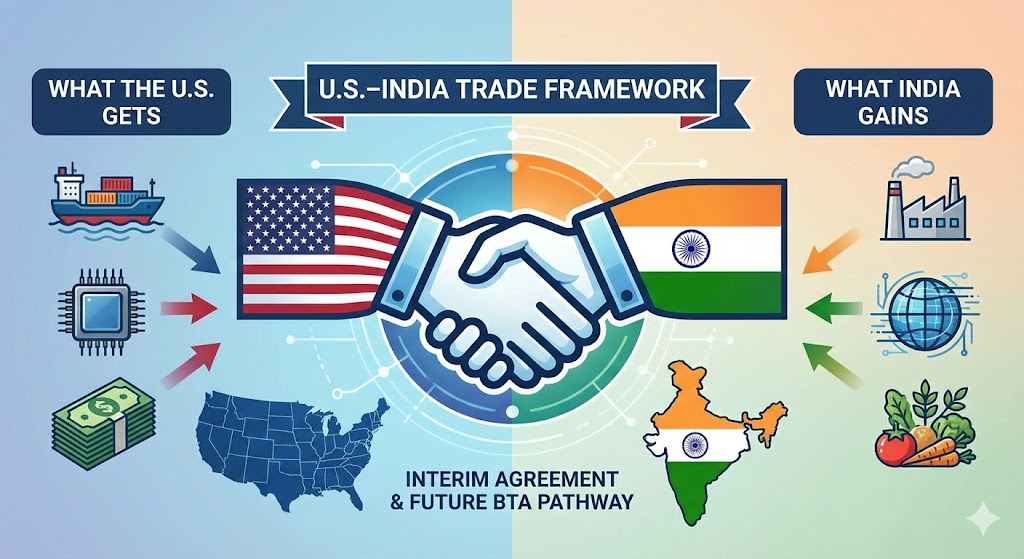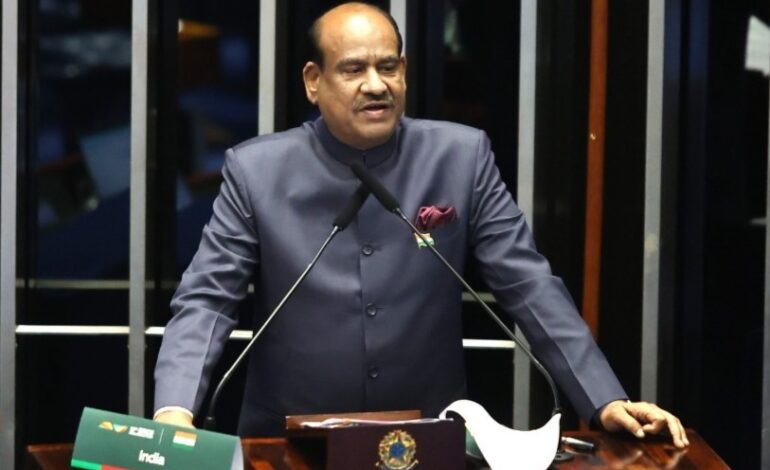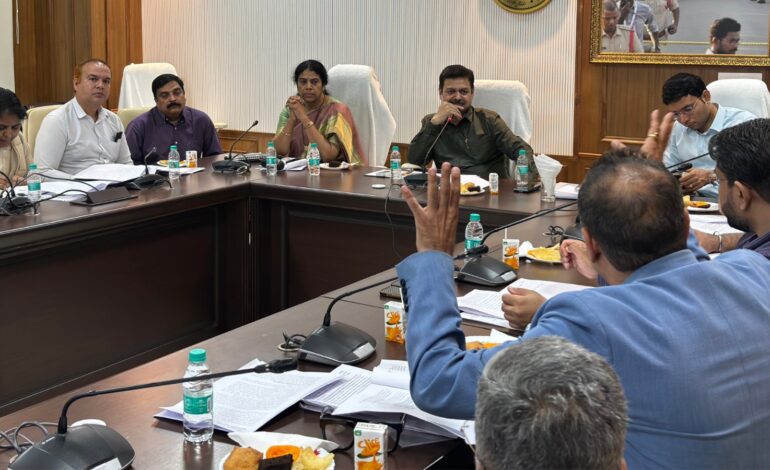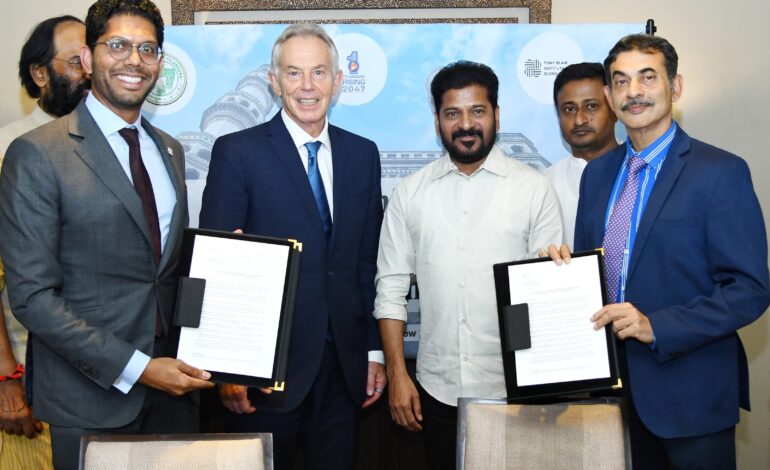India Rolls Out Stringent Compliance Rules for End-of-Life Vehicles to Boost Circular Economy, Environmental Safety
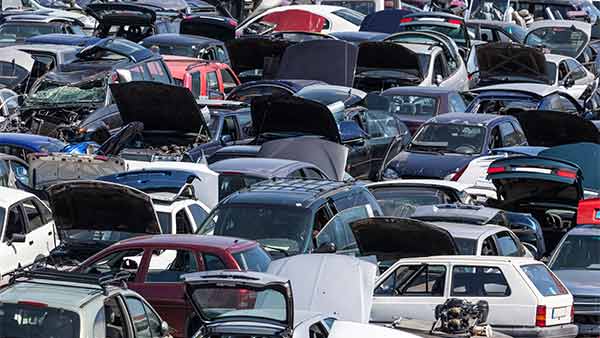
Vehicle owners are mandated to deposit their end-of-life vehicles at designated Collection Centres or RVSFs within 180 days of the vehicle reaching ELV status.
New Delhi, July 29: The Government of India has laid down a comprehensive regulatory framework for the environmentally sound management of End-of-Life Vehicles (ELVs) through the Environment Protection (End-of-Life Vehicles) Rules, 2025, the Ministry of Environment, Forest and Climate Change (MoEF&CC) informed Parliament on Monday.
In a written reply in the Lok Sabha, Union Minister of State for Environment, Forest and Climate Change, Kirti Vardhan Singh, detailed the structure, targets, and enforcement mechanisms under the new rules, which aim to promote responsible vehicle scrapping and recycling practices through Extended Producer Responsibility (EPR).
Key Provisions of the ELV Rules, 2025
- Mandatory EPR Targets: Vehicle producers must meet annual scrapping targets for vehicles they placed in the domestic market—15 years for transport vehicles, and 20 years for non-transport vehicles.
- Scope: The rules apply to all vehicle types except agricultural tractors, trailers, combine harvesters, and power tillers.
- Designated Collection Centres: Producers must establish and publicize Collection Centres or use their sales outlets for receiving ELVs from registered owners. These vehicles are then transferred to Registered Vehicle Scrapping Facilities (RVSFs).
- RVSF Obligations: RVSFs are required to:
- Conduct de-pollution, dismantling, segregation, and scrapping
- Ensure all recovered materials are sent to registered recyclers or refurbishers
- Dispose of non-recyclables and hazardous waste through authorised Common Hazardous Waste Treatment Facilities
- Registration Requirements:
- Producers must register with the Central Pollution Control Board (CPCB)
- RVSFs and bulk consumers must register with the State Pollution Control Board (SPCB)/Pollution Control Committee (PCC)
- Enforcement and Penalties:
- Non-compliance can lead to suspension or cancellation of registration
- Violators are liable to pay environmental compensation for damage to public health or the environment
Monitoring and Governance
- CPCB and SPCB/PCC will conduct periodic audits and inspections to ensure compliance.
- An Implementation Committee chaired by the CPCB Chairman has been formed to oversee effective rollout, with members from relevant ministries, industry, recyclers, and scrapping units.
Complementary Reforms
The ELV rules align with other initiatives, including:
- Voluntary Vehicle Fleet Modernization Programme (V-VMP) by the Ministry of Road Transport and Highways (MoRTH), aimed at phasing out old, polluting vehicles.
- Vehicle Scrapping Facility Rules (2021) and Automated Testing Station Rules (2021) notified by MoRTH to streamline scrapping and fitness certification.
- Steel Scrap Recycling Policy (2019) by the Ministry of Steel to promote eco-friendly recycling technologies for ferrous scrap, including ELVs.
- CPCB’s 2023 Guidelines on sustainable dismantling and de-pollution technologies for ELVs.
Vehicle owners are mandated to deposit their end-of-life vehicles at designated Collection Centres or RVSFs within 180 days of the vehicle reaching ELV status.
These measures, the Ministry noted, are aimed at creating a robust circular economy in the automotive sector while minimising environmental damage and public health risks associated with unmanaged vehicle waste.


